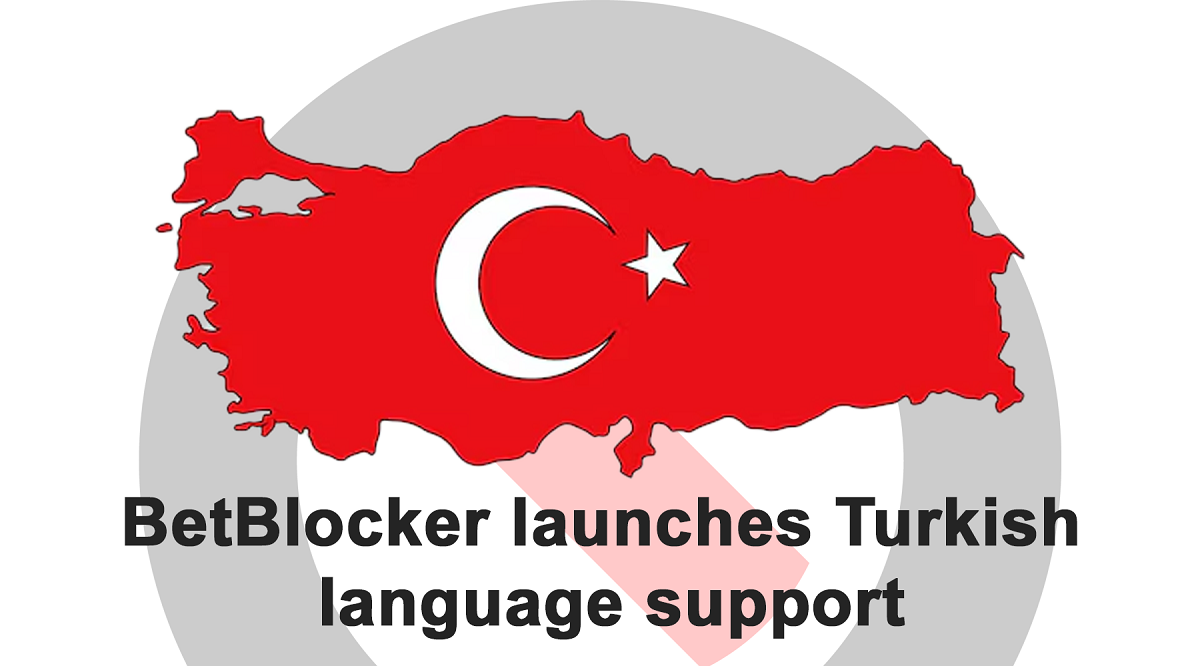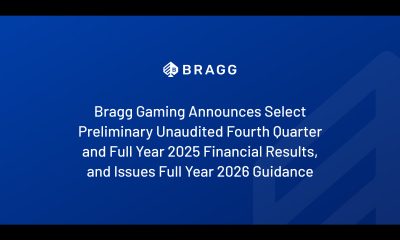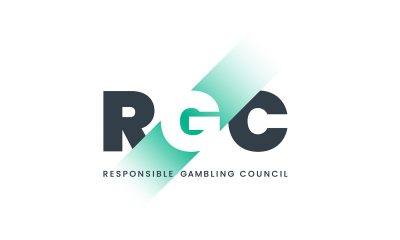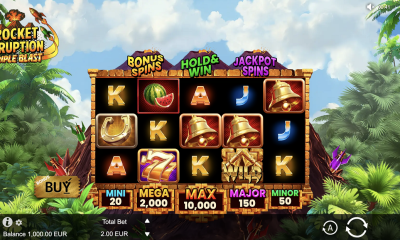Industry News
Digital Fraudsters Increase Attacks Against Multiple Industries During Pandemic; Use COVID-19 Scams to Target Younger Generations

TransUnion quarterly global fraud analysis also examines the types of fraud targeting businesses and where it originates
TransUnion released its quarterly analysis of global online fraud trends finding that the telecommunications, retail and financial services industries have been increasingly impacted. From a consumer perspective, Millennials have been most targeted by fraudsters using COVID-19 scams.
Given the changing economic environment with COVID-19, this quarter TransUnion analyzed fraud trends through April 28 to ensure the impacts following the March 11 World Health Organization (WHO) pandemic declaration were included in the analysis
Overall, TransUnion found the percent of suspected fraudulent digital transactions rose 5% from March 11 to April 28 when compared to Jan. 1 to March 10, 2020. TransUnion identified more than 100 million risky transactions from March 11 to April 28.
“Given the billions of people globally that have been forced to stay at home, industries have been disrupted in a way not seen on this massive of a scale for generations,” said Shai Cohen, senior vice president of Global Fraud & Identity Solutions at TransUnion.
“Now that many transactions have shifted online, fraudsters have tried to take advantage and companies must adapt. Businesses that come out on top will be those leveraging fraud prevention tools that provide great detection rates and friction-right experiences for consumers.”
Examining Fraud Types and Their Impact on Industries
TransUnion analyzed the below industries for a change in the percent of suspected fraud against them, comparing Jan. 1 to March 10 and March 11 to April 28.
Suspected Fraud Post Pandemic Declaration
| Industry | Suspected fraud increase | Top type of fraud | Top country for suspected fraud origination |
| Telecommunications | 76% | Credit card | Timor-Leste |
| E-Commerce | 12% | Promotion abuse | Indonesia |
| Financial Services | 11% | Identity theft | Syria |
| Gambling | -1% | Promotion abuse | Sri Lanka |
| Public Sector | -1% | Account takeover | Nigeria |
| Insurance | -3% | Ghost broking | Pakistan |
| Logistics | -7% | Shipping | Philippines |
| Communities | -11% | Phishing | Ivory Coast |
| Travel & Leisure | -38% | Credit card | Haiti |
| Healthcare | -40% | Identity theft | Finland |
| Gaming | -43% | Gold farming | Myanmar |
“Our data shows that as social distancing changes shopping patterns, fraudsters have taken notice and targeted the more digital forward industries while following the money,” said Melissa Gaddis, senior director of customer success for TransUnion Global Fraud & Identity Solutions. “For instance, although we found online gaming increased 64% as people stay home, it isn’t immediately lucrative to target those companies since financial information isn’t generally shared there. However telecommunications, e-commerce and financial services all have large digital adoption, financial information and payments at the center of their online experience, and fared relatively well compared to other industries during the pandemic.”
Globally across industries, TransUnion found the countries with the highest percent of risky transactions were: 1) Yemen, 2) Syria and 3) Kazakhstan. In the U.S. overall, TransUnion found the cities with the highest percent of risky transactions were: 1) Springfield, Mass., Akron, Ohio and Louisville, Ky.
Consumers Targeted By COVID-19 Schemes
To better understand the impacts of COVID-19 on consumers, TransUnion surveyed 9,215 adults in the U.S., Canada, Colombia, Hong Kong, India, South Africa and the U.K. during the week of April 13. Nearly three out of 10 respondents (29%) said they had been targeted by digital fraud related to COVID-19, with Millennials (those persons between the ages 26-40) being the most targeted at 34%.
Furthermore, TransUnion found that consumers who said their household income is being negatively impacted by the COVID-19 pandemic are more likely to experience digital fraud with 32% reporting being targeted by online COVID-19 scams compared to 22% of people not financially impacted.
“A common assumption is that fraudsters target older generations who are perceived to be less digitally capable,” said Gaddis.”Our data showed the opposite with younger generations, Millennials and Gen Z (those born in or after 1995), being the most targeted. Adding insult to injury, our survey found Millennials are being financially challenged the most during the pandemic.”
Methodology
For its transactional data, TransUnion analyzed the billions of online transactions its flagship fraud and identity solution, TransUnion IDVision® with iovation®, assessed for fraud indicators for more than 40,000 websites and apps. It compared the percent of suspected fraudulent transactions it saw from Jan. 1 to March 10, 2020 to those from March 11 to April 28, 2020.
For a hub of relevant educational resources aimed to help fight fraud during this time, go to the TransUnion Global Fraud & Identity Solutions COVID-19 resource center.
About TransUnion:
TransUnion is a global information and insights company that makes trust possible in the modern economy. We do this by providing a comprehensive picture of each person so they can be reliably and safely represented in the marketplace. As a result, businesses and consumers can transact with confidence and achieve great things. We call this Information for Good.®
TransUnion Global Fraud & Identity Solutions unite both consumer and device identities to detect threats across markets while ensuring friction-right user experiences. The solutions, all part of the IDVision with iovation suite, fuse traditional data science with machine learning to provide businesses unique insights about consumer transactions, safeguarding tens of millions of transactions each day.
A leading presence in more than 30 countries across five continents, TransUnion provides solutions that help create economic opportunity, great experiences and personal empowerment for hundreds of millions of people.
Powered by WPeMatico
Adam Lewis Chief Executive Officer at AxiumAI
AxiumAI taps ex-Entain leader Claire Painting to lead customer experience as CXO

Extensively experienced Painting collaborates to develop experience strategy as AI revolutionizes sportsbook interaction.
AxiumAI, a frontrunner in AI-powered autonomous player engagement, has announced the appointment of Claire Painting as Chief Experience Officer (CXO), enhancing the company’s leadership team as operators transition to AI-enhanced player engagement.
Recognised for uniting marketing, product, UX, and technology teams to create seamless, consumer-focused experiences at scale, Painting will play a key role in aiding AxiumAI’s ongoing growth and future vision as the provider enhances its AI-driven engagement platform for global operators.
Painting brings over 20 years of experience in the international sports betting and gaming sector to AxiumAI. Most recently, she worked as the Director of Player Experience at Entain, where she managed a worldwide cross-functional team of more than 100 experts located in the UK, Gibraltar, Vienna, Hyderabad, and Manila.
While at Entain, she defined and executed the player experience strategy for the operator group’s global range of brands. This encompassed supervision of essential processes like registration, payments, account management, compliance, promotions, and gamification, along with the creation of worldwide UX/UI design systems and frameworks for measuring customer experience.
The appointment strengthens AxiumAI’s leadership as the company enhances its autonomous player engagement abilities and aids operators in providing real-time, personalized 1:1 player experiences.
Claire Painting, Chief Experience Officer at AxiumAI, said: “The future of player experience will be defined by technology that understands context, adapts in real-time and delivers meaningful interaction at scale. AxiumAI is building that capability, and I am excited to help shape autonomous engagement that will inspire players and drive step-change growth for operators.”
Adam Lewis, Chief Executive Officer at AxiumAI, added: “Claire brings exceptional expertise in player engagement across marketing, product and customer experience. Combined with her ability to connect teams and technology around the player, she is uniquely positioned to lead this area at AxiumAI. She will play a key role as we continue to build intelligent, customer-led solutions for operators globally.”
The post AxiumAI taps ex-Entain leader Claire Painting to lead customer experience as CXO appeared first on Eastern European Gaming | Global iGaming & Tech Intelligence Hub.
BetBlocker
New Turkish-language tool from BetBlocker extends service to 90 million additional people

Gambling harm prevention charity BetBlocker today reveals the extension of their award-winning assistance into Turkish.
In 2025, BetBlocker saw a tremendous increase in support, with more than three hundred thousand individual users initiating a block throughout the year. This significant level of engagement has been made possible by the diverse array of languages into which the charity has translated its assistance.
Yesilay, the main Turkish support service, reports that requests for help with gambling are now surpassing those for alcohol, drugs, or tobacco, alongside significant uptake and harm among youth, making the launch of Turkish language support timely and relevant.
Founder and Trustee for BetBlocker, Duncan Garvie, offered these comments: “BetBlocker is genuinely excited to roll out our second language expansion of 2026.
We’ve experienced phenomenal uptake of the service over the last 12 months and figures hare steadily rising. One of the biggest drivers of that growth has been improving the accessibility of our support by meeting users where they are and offering support in the language that they’re most comfortable accessing in.
Alongside Turkey itself, there are substantial Turkish speaking communities across Europe, the Middle East and North America. It is our hope that this evolution of BetBlocker will ensure that a deeper level of support is available more widely across the Turkish diaspora.
BetBlocker would like to offer our deepest thanks to Fatmatuz Zehra Pehlivan, a Clinical Psychologist and researcher, who volunteers Green Cresent in the field of addiction treatment. Fatmatuz volunteered her time to help translate our app, and every Turkish language user we support owe her their thanks for the donation of her time and expertise.
As with many of the communities BetBlocker now supports, we would not be able to reach so many people without the kindness and generosity of field experts like Fatmatuz.”
The post New Turkish-language tool from BetBlocker extends service to 90 million additional people appeared first on Eastern European Gaming | Global iGaming & Tech Intelligence Hub.
Anastasia Rimskaya Chief Account Officer at Aviatrix
Aviatrix Launches New Loot Boxes to Deepen Progression and Reward Paths

Aviatrix has launched a new Loot Box feature for its premier crash game, presenting collectible rewards, free bets, and progression bonuses aimed at boosting long-term player engagement.
Loot Boxes are granted through a daily rewards mechanism, with players obtaining them according to their in-game actions and advancement. Every box holds a variety of rewards, such as aircraft skins, complimentary bets, and aviation experience points.
The feature enhances Aviatrix’s developing loyalty system, providing players with fresh options to personalize their aircraft and earn rewards through continuous engagement.
Anastasia Rimskaya, Chief Account Officer at Aviatrix, said: “Loot Boxes are part of our wider vision for Aviatrix as a connected multi-game universe. As we expand our iGaming Metaverse, features like Loot Boxes add another meaningful layer to how players build their profile, customise their aircraft and earn rewards across the ecosystem.”
Unveiled in February, the Aviatrix iGaming Metaverse signifies the supplier’s shift from a standalone crash game to an integrated multi-title ecosystem.
Starting with the imminent debut of Aviatrix Second Chance and continuing with upcoming titles like Aviatrix Fruits and Aviatrix Mines, every game will utilize a single integrated player profile, progression system, and rewards and achievements framework.
The post Aviatrix Launches New Loot Boxes to Deepen Progression and Reward Paths appeared first on Eastern European Gaming | Global iGaming & Tech Intelligence Hub.
-

 BIS SIGMA7 days ago
BIS SIGMA7 days agoBrazil between expansion and fiscal pressure
-

 Central Europe6 days ago
Central Europe6 days agoPowering the Next Generation of Online Casinos: Inside DSTGAMING’s Scalable iGaming Ecosystem
-

 Adjusted EBITDA5 days ago
Adjusted EBITDA5 days agoBragg Gaming Announces Select Preliminary Unaudited Fourth Quarter and Full Year 2025 Financial Results, and Issues Full Year 2026 Guidance
-

 BIS SIGMA7 days ago
BIS SIGMA7 days agoBrasil entre la expansión y la presión fiscal
-

 Bagley-Keene Act5 days ago
Bagley-Keene Act5 days agoCalifornia Gambling Control Commission Issues Critical Guidance on Stakeholder Communications and Ex Parte Rules
-

 Alberta iGaming Corporation6 days ago
Alberta iGaming Corporation6 days agoAlberta iGaming Corporation Partners with Responsible Gambling Council
-

 Habanero6 days ago
Habanero6 days agoRacing Royalty — Habanero’s High-Speed Hold-and-Ride Thrill
-

 BGaming6 days ago
BGaming6 days agoBrace for Impact — BGaming’s Rocket Eruption: Triple Blast



















